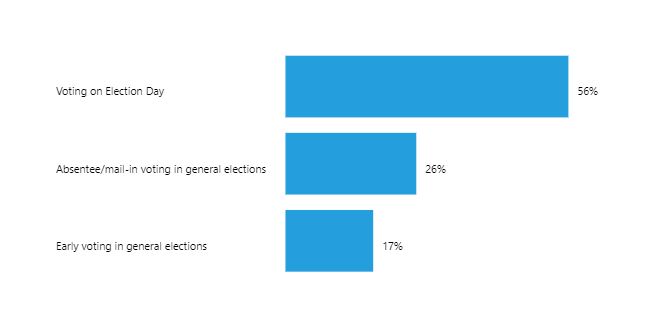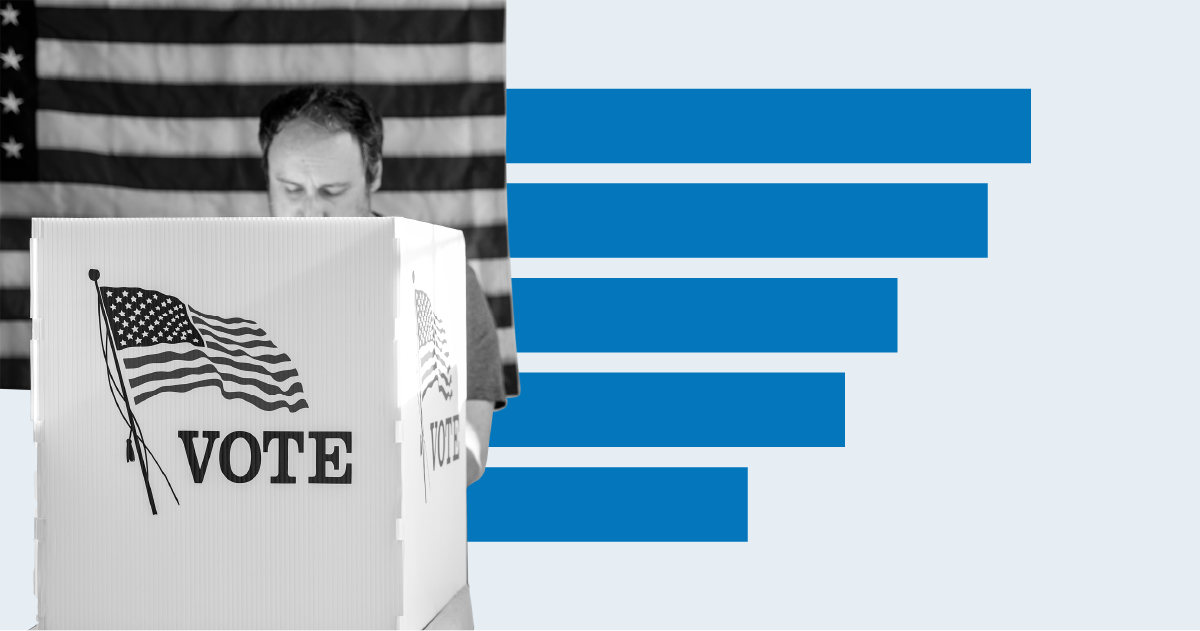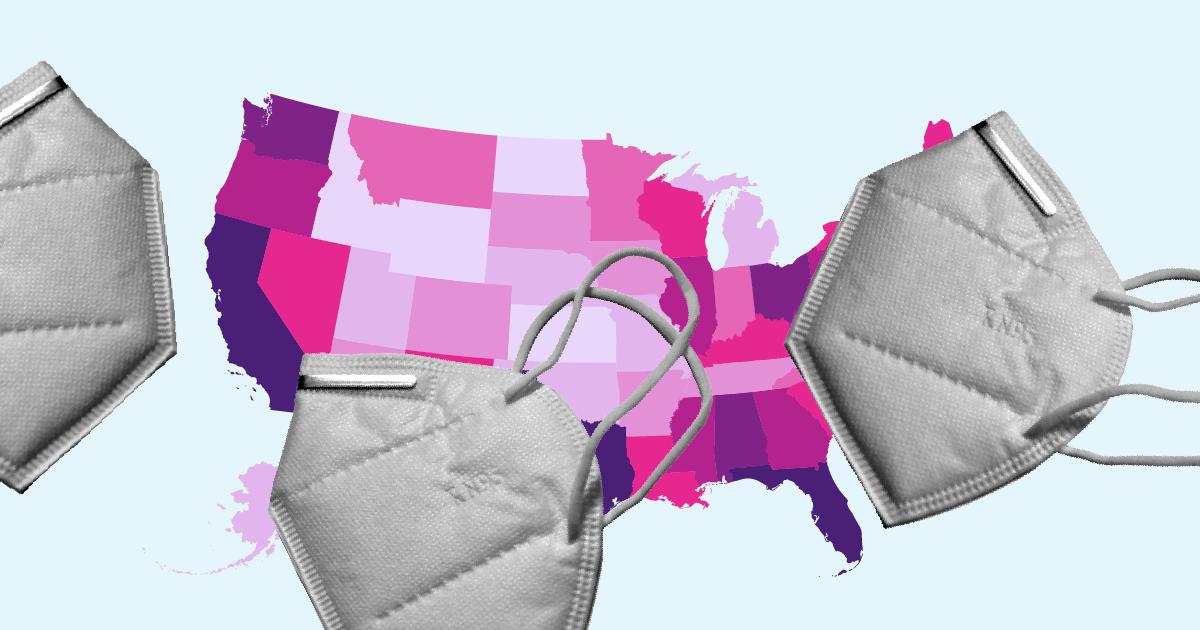Government
How does voter turnout in the US change by state, age and race?

This week, a leaked draft opinion from the Supreme Court revealed a majority of justices privately voted to overturn federally protected access to abortion in the US.
The leaked draft opinion, confirmed as authentic by Chief Justice John Roberts, showed that the Supreme Court would consider Mississippi's Gestational Age Act constitutional. Such a ruling would reverse the 1973 Roe v. Wade case, giving states the right to pass laws banning abortion.
If the Supreme Court rules there is no constitutional right to an abortion, it will fall to the states to regulate the procedure.
As of May 2022, legislators in 13 states have passed "trigger laws," or abortion bans designed to go into effect if Roe is overturned. Wyoming is the most recent state to do so, passing a "trigger law" in March 2022.
There were 97,426 reported abortions in the 13 states with trigger laws, according to 2019 data from the CDC.
Current Supreme Court precedence states Americans have a right to an abortion before a fetus can survive outside the womb. States can also have restrictions on abortion as long as it doesn't place an undue burden on those seeking an abortion.
The 1973 Roe V. Wade case first established access to abortion as a constitutional right. The ruling also said states could not restrict abortion before the first trimester of pregnancy.
In the decades since Roe, the Supreme Court added limits to the right to an abortion. In the 1992 Planned Parenthood V. Casey case, the Supreme Court ruled that state laws could not place an undue burden on women seeking an abortion. It also changed when that right could be applied. States could no longer prohibit abortion before the point at which a fetus can survive outside the womb, also known as fetal viability.
Later Supreme Court cases allowed states to limit abortion methods, restrict or prohibit public funding or insurance coverage for abortions or require those seeking an abortion to receive counseling.
In December 2021, the Supreme Court heard arguments in the Dobbs v. Jackson Women's Health Organization case. The case challenges the legality of Mississippi's Gestational Age Act. The law bans abortions after 15 weeks of pregnancy and has no exception for victims of rape or incest.
The Supreme Court's final ruling on the Mississippi case is expected to come out before the end of the term, in late June or early July.
For more information on abortion statistics, see USAFacts' reported abortion metrics and get the facts every week by signing up for our newsletter.
Government
Government
Government
Government
Newsletter
Keep up with the latest data and most popular content.


